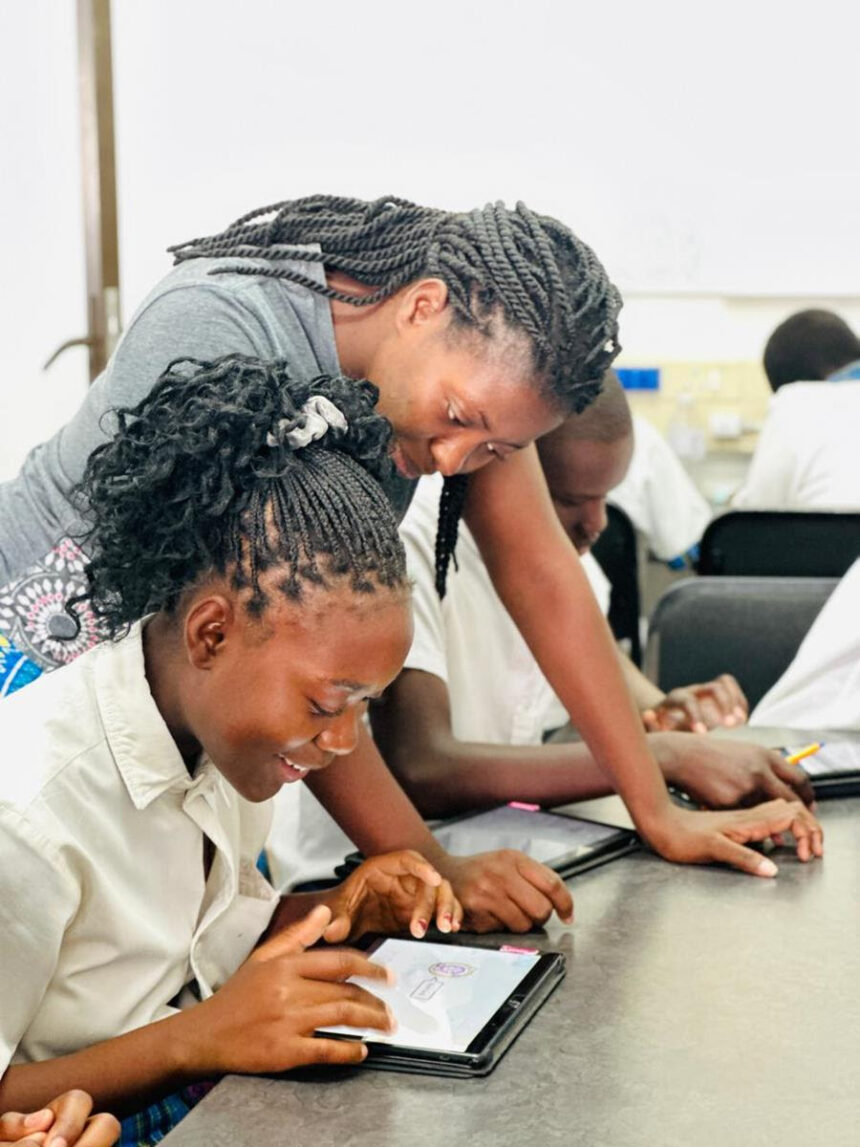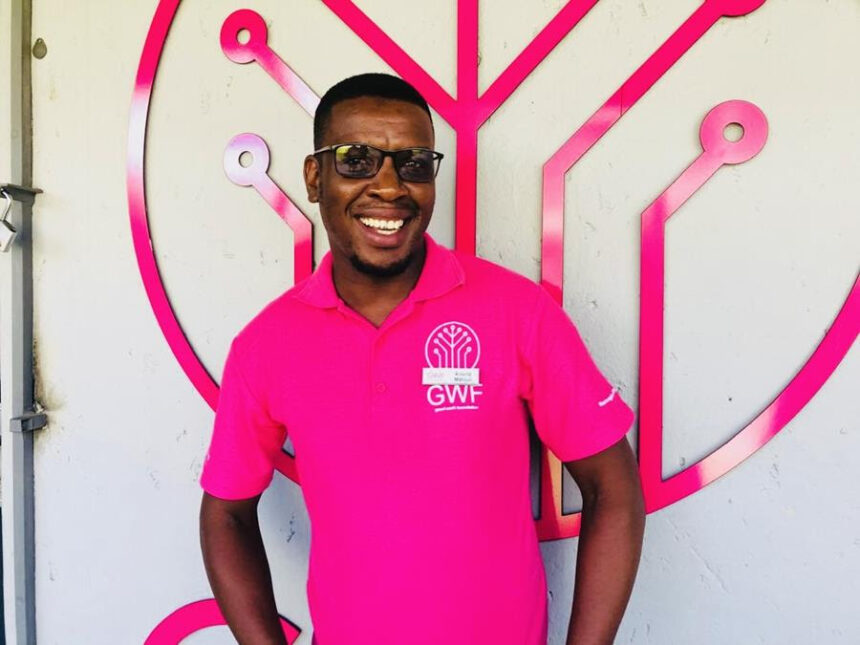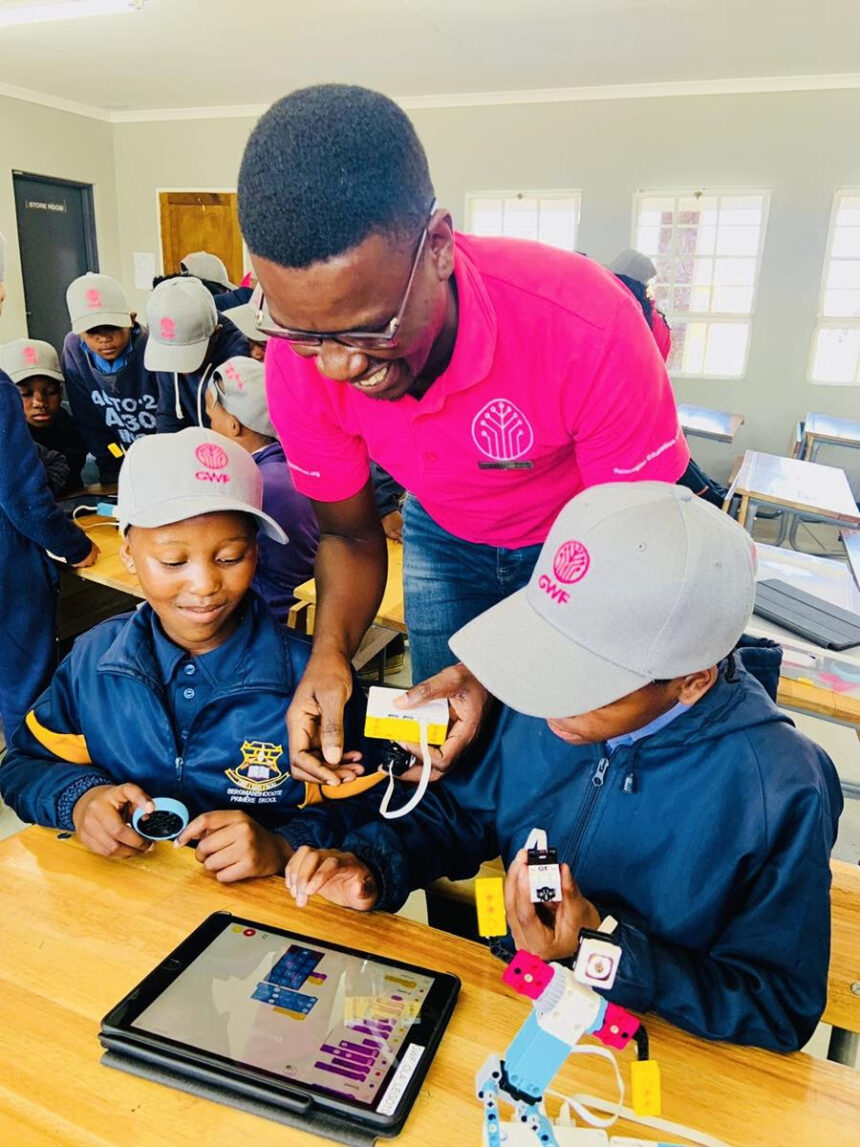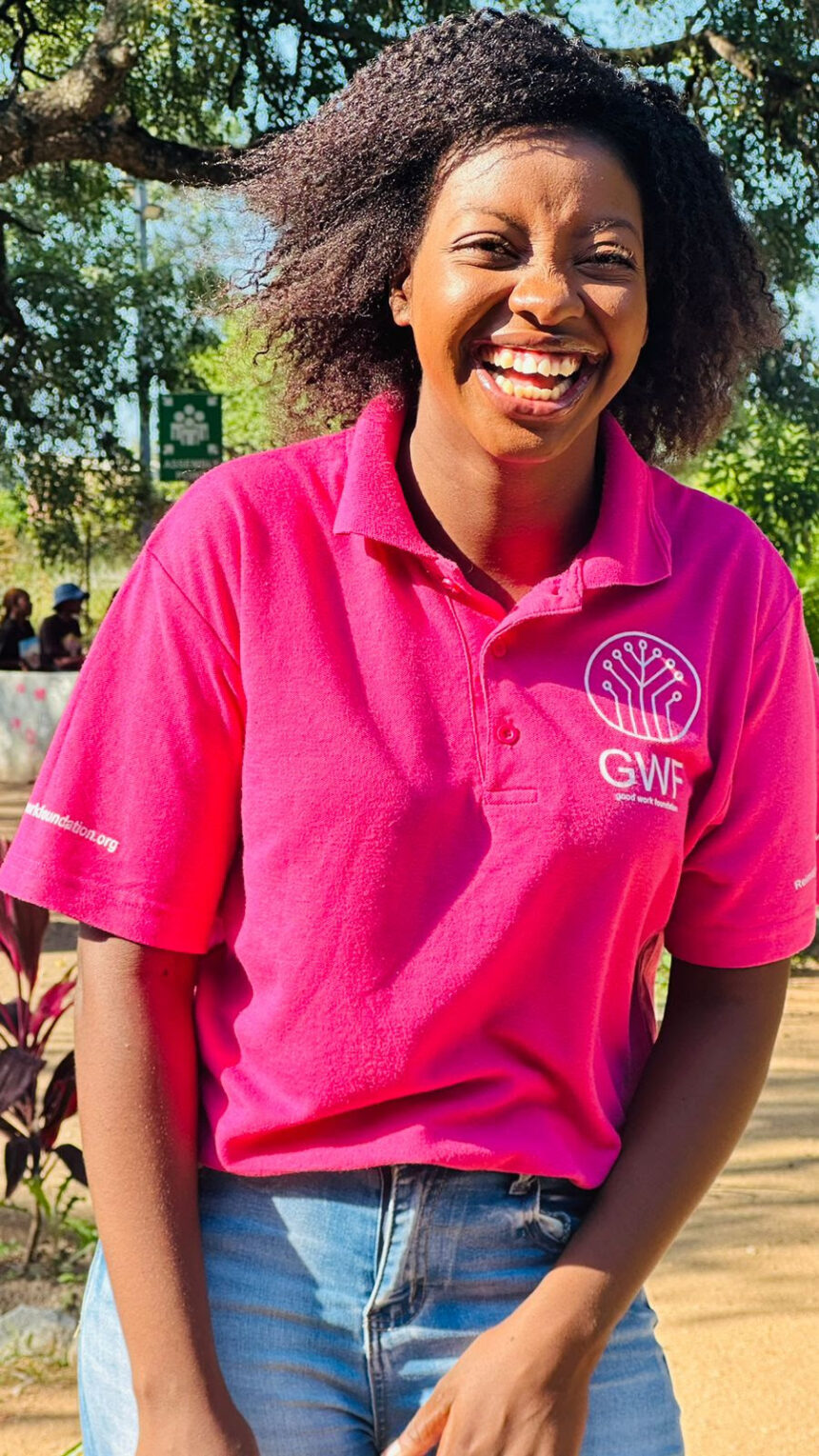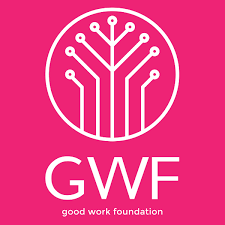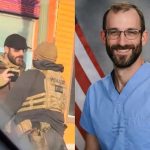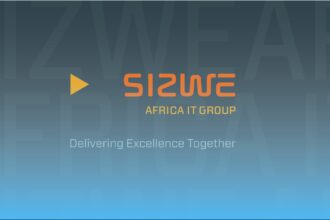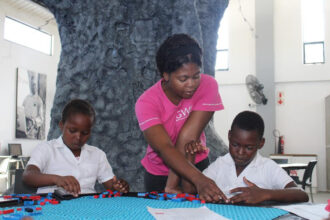Good Work Foundation (GWF) is leading the way in integrating robotics into South Africa’s education system. The nonprofit is now expanding its successful robotics and coding programme from primary schools in rural Mpumalanga and the Free State to high school learners, specifically targeting Grade 8 and 9 students.
This initiative aims to close the gap between rural and urban education by equipping older students with crucial tech skills. The expansion comes after the success of GWF’s Open Learning Academy, where primary learners have already benefited from hands-on experiences in coding and robotics.
The Importance of Continuing Tech Education
Arnold Mdhluli, manager of the Open Learning Academy, emphasizes the importance of continuing tech education beyond primary school. He notes that without support in high school, learners may lose the valuable skills they gained earlier. “If we only teach coding in primary school and then leave these pupils unsupported in high school, it’s easier for them to forget what they’ve learned,” Mdhluli explains. By continuing their support into high school, GWF ensures these students retain and build on their foundational skills.
The programme engages students with practical tasks such as building, coding, and testing projects. Using tools like Scratch 3.0 and Dash and Dot robots, learners develop critical thinking and problem-solving abilities that are essential in today’s rapidly evolving tech landscape. Mdhluli highlights, “The skills that coding offers are very important. Everyone growing up now will need these skills to be prepared for the future.”
Justicia Campus Leads the Way
The pilot programme is being launched at GWF’s Justicia Digital Learning Campus, chosen for its proximity to Madlala High School. This strategic location allows for easier access to learners, while the campus’s infrastructure can accommodate the growing demand from Grade 8 and 9 students. “Having the programme piloted here in our village is a huge honour,” says Jane Ngwenyama, the Justicia Digital Learning Campus manager. She believes that local students will play a pivotal role in shaping the programme, which could eventually serve as a model for other rural areas.
Justicia is one of six GWF campuses, and the nonprofit plans to roll out the high school robotics and coding curriculum across other campuses as resources permit. This will provide more rural students with the opportunity to learn essential computing and digital literacy skills.
Community and Future Prospects
The response from the local community has been overwhelmingly positive. Parents and community members recognize the programme’s potential to equip young learners for future job opportunities in a technology-driven world. Ngwenyama highlights that beyond preparing learners for careers in computer sciences, the programme ensures that students are digitally literate and adaptable to new technologies, both of which are key to future success.
Looking ahead, GWF plans to expand the programme to more high schools over the next three years, helping to support the Department of Basic Education’s efforts to roll out the coding and robotics curriculum in public schools. This move ensures that rural learners are not left behind in South Africa’s growing tech-driven job market.
This initiative holds promise for transforming education in rural areas, fostering a generation of students who are not only equipped with the technical skills to thrive but also prepared to seize future opportunities in an increasingly digital world.

